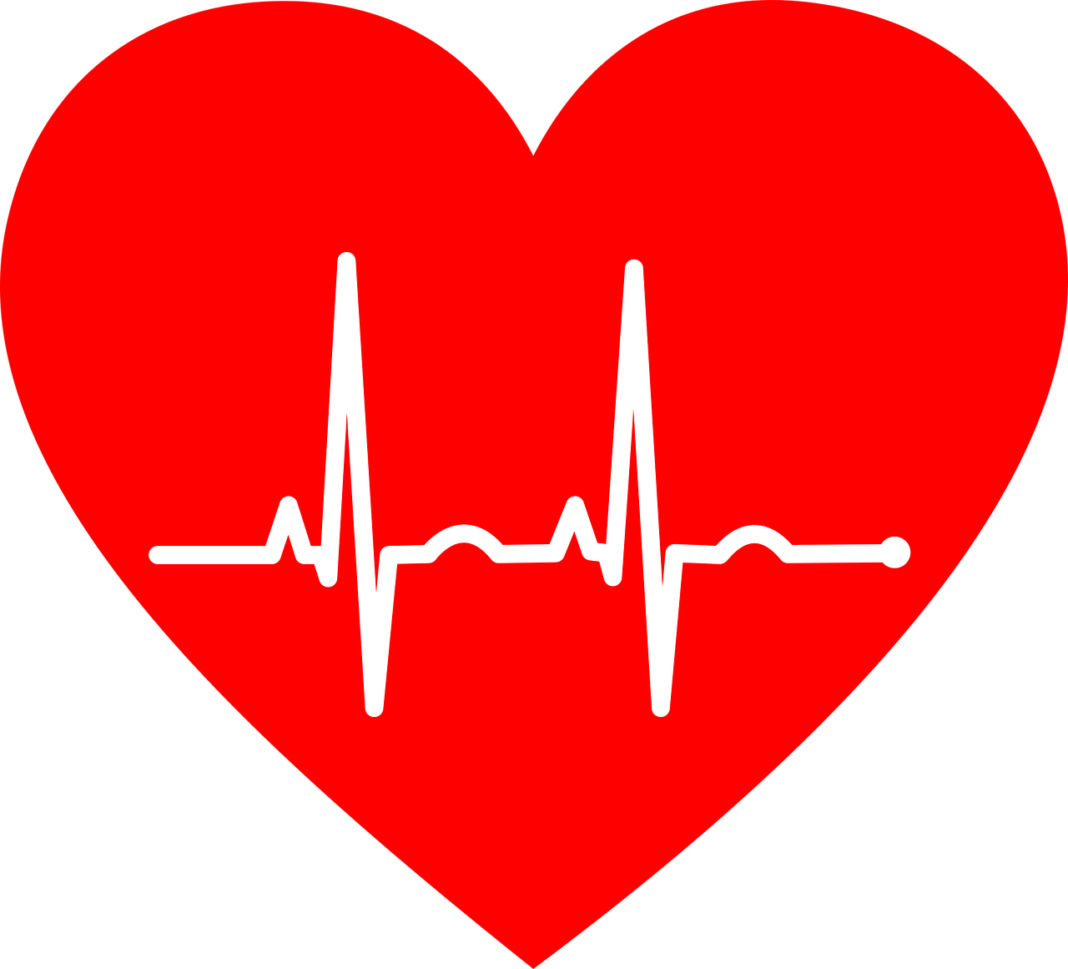Especially men and people over 65 in the hospital
Nearly 12% of corona patients who need to be admitted to hospital have heart problems during admission. Almost 7% of these critically ill patients develop a pulmonary embolism. This is shown in a study in 3011 corona patients. Worldwide, this is the largest study of heart complications in corona patients to date. The Heart Foundation supported the research.
Arrhythmias
In hospital corona patients, atrial fibrillation (142 patients, 4.7%) and other atrial arrhythmias are the most common heart complications. Serious heart complications are less common. During admission, heart failure was diagnosed in 55 patients (1.8%), myocardial infarction in 15 patients (0.5%), cardiac arrhythmias that can lead to cardiac arrest in 14 patients (0.5%), and inflammation of the inner lining of the heart, the heart valves, the heart muscle or the pericardium in 8 patients (0.2%). Almost 200 patients (6.6%) developed a pulmonary embolism. These complications occur more often in seriously ill patients in intensive care.
Heart patients
More than 60% of the patients in the study were male and the mean age was 67 years. Almost a third of the patients already had cardiovascular disease before admission to hospital. Most of them had had a previous myocardial infarction or angina pectoris (n = 463, 15.4%). During the stay in hospital, 595 (19.8%) patients died, of which 16 patients (2.7% of the deceased) due to heart problems. The patients stayed in the hospital for an average of 7 days. Those who ended up in intensive care spent an average of 13 days there.
“It is alarming that corona can be associated with problems in the cardiovascular system,” says Floris Italianer, director of the Heart Foundation. “For the treatment of corona patients it is important that more knowledge is gained quickly. We want to know which patients have a high probability that corona will develop seriously. Our research will hopefully contribute to this soon. ”
Risk groups and long term
Research leader Prof. Folkert Asselbergs of UMC Utrecht emphasizes that the researchers cannot yet conclude on the basis of these data which patients have a greater risk of a serious course. For example, they are still investigating whether there are certain conditions within the group of patients with cardiovascular disease that give more or less chance of becoming seriously ill: “We are currently busy with analyzes that are necessary for this. We hope to be able to say more about this soon. ” Follow-up research must also reveal how many patients get and keep complications in the long term, even after hospitalization.
Over CAPACITY-COVID
These results come from the international CAPACITY-COVID registration to which 74 hospitals in 13 countries contribute. They are published in The European Heart Journal – Acute Cardiovascular Care. Data has now been collected from more than 7,000 corona patients admitted to hospital.
Due to the unbridled efforts in all participating hospitals in the Netherlands, half of all hospital admissions were registered in CAPACITY-COVID during the first wave. These data are currently used for a large number of studies.
DCVA
This initiative is a collaboration of the Dutch Society for Cardiology (NVVC), Working Group Cardiological Centers Netherlands (WCN), Dutch Heart Registration (NHR), Netherlands Heart Institute (NL-HI), patient association Harteraad and the Heart Foundation. They are part of a total of fifteen research and care organizations that have joined forces in the Dutch CardioVascular Alliance (DCVA). They work together and raise money to accelerate solutions for cardiovascular diseases.
For more information, go to https://www.hartstichting.nl/nieuws/1-op-de-10-coronapatienten-krijgt-hartproblemen
Source: Heart Foundation
–


